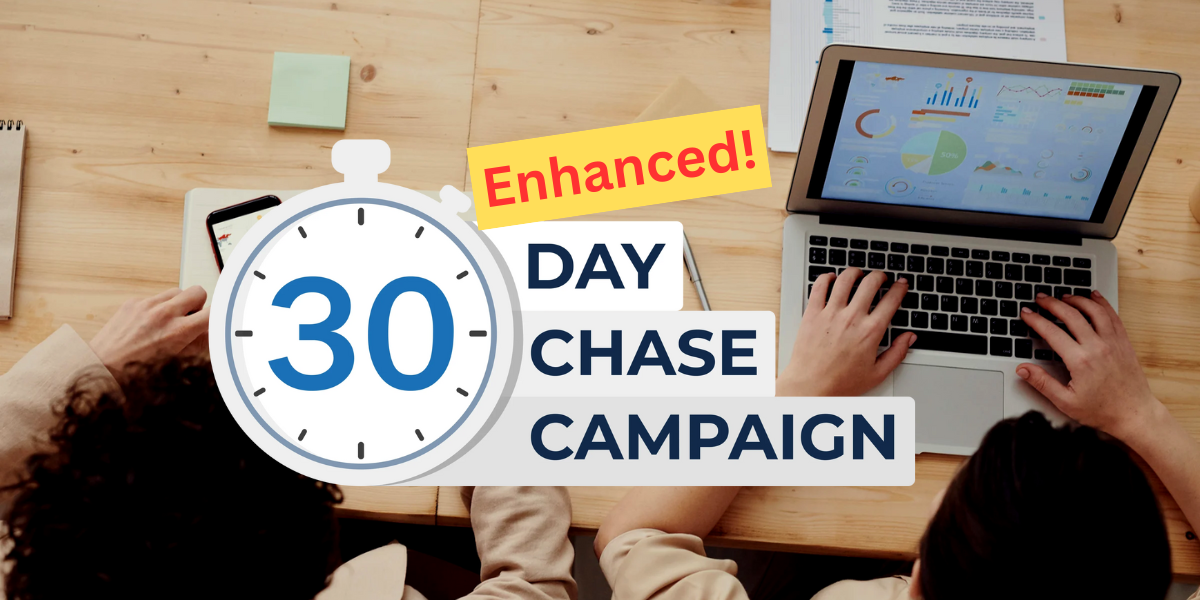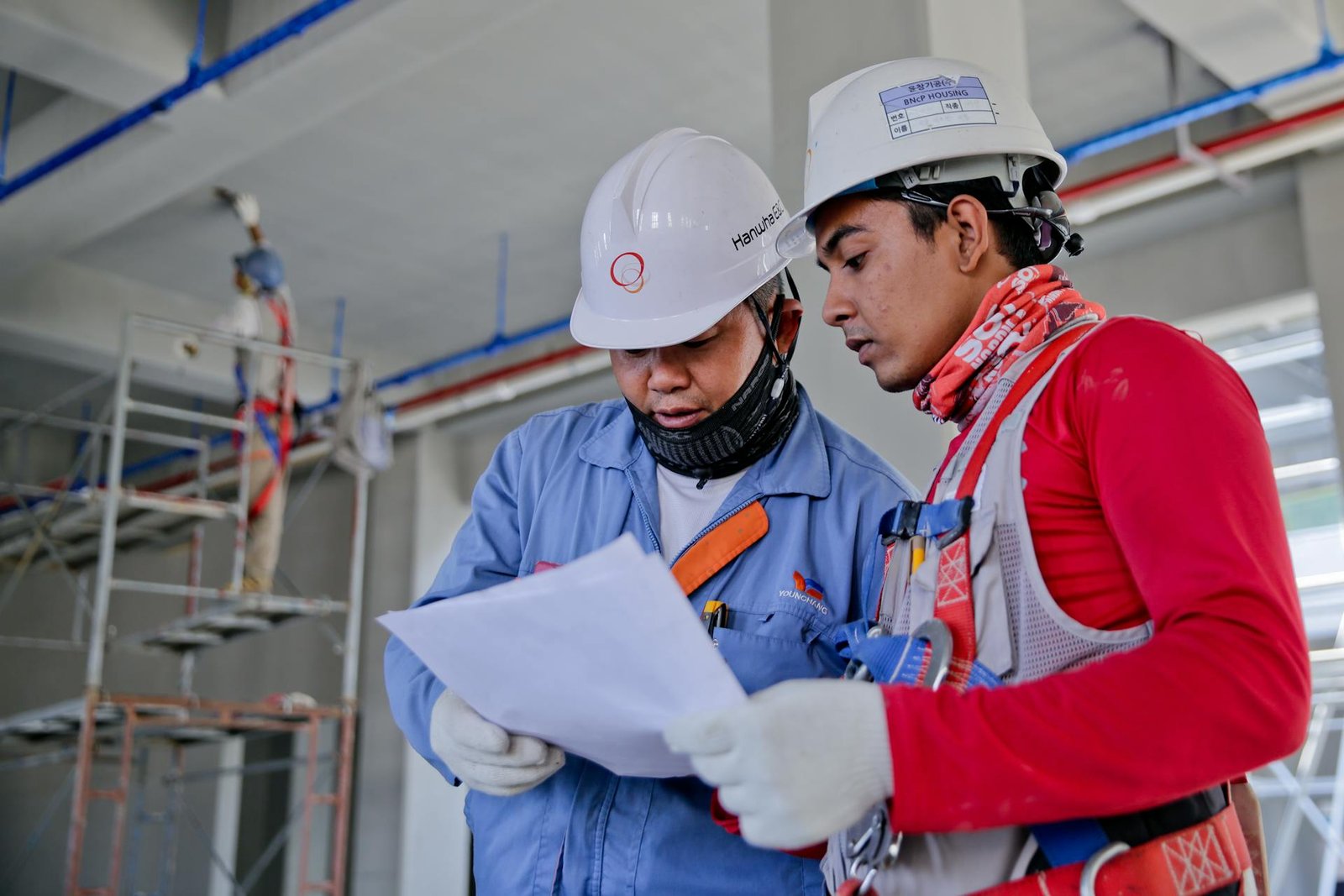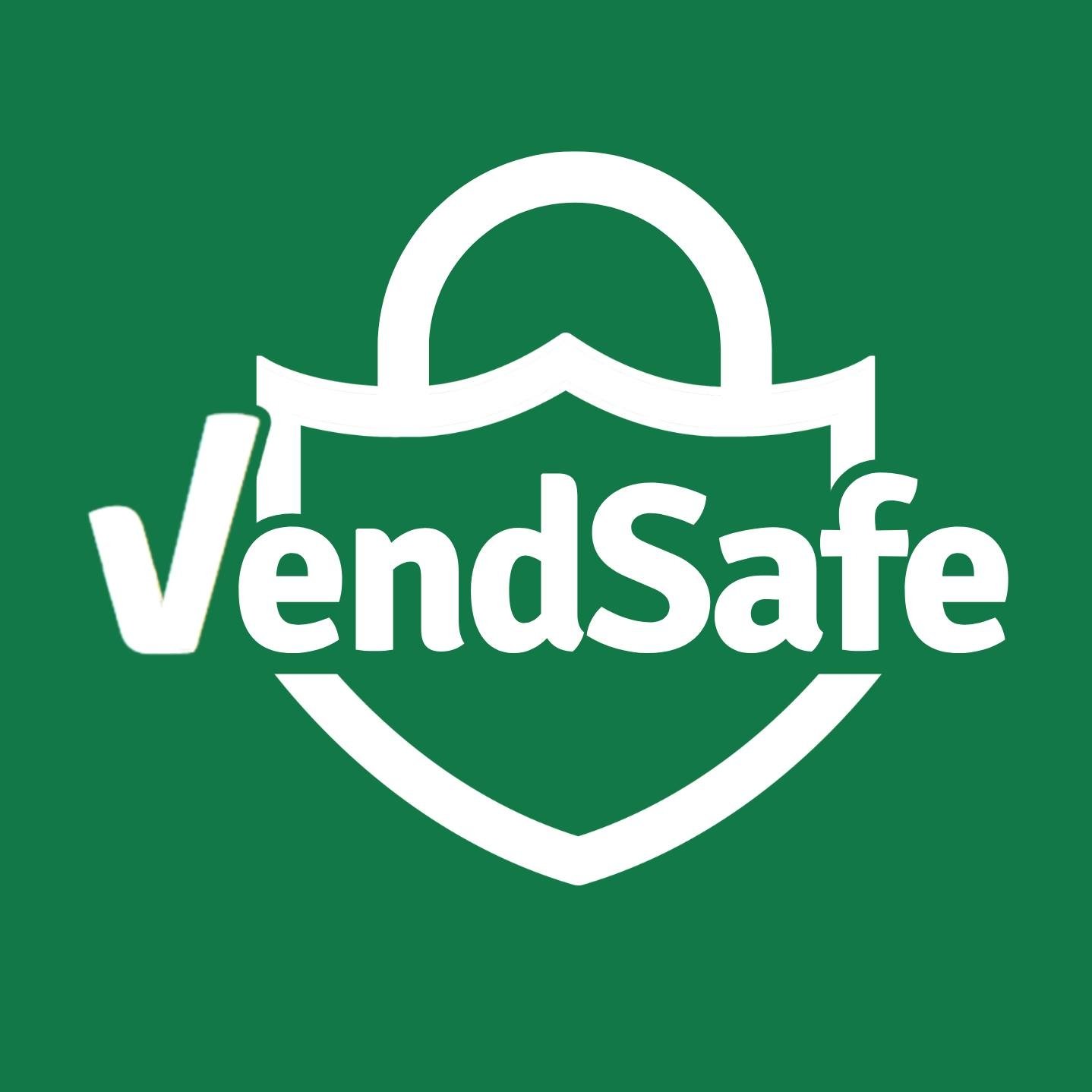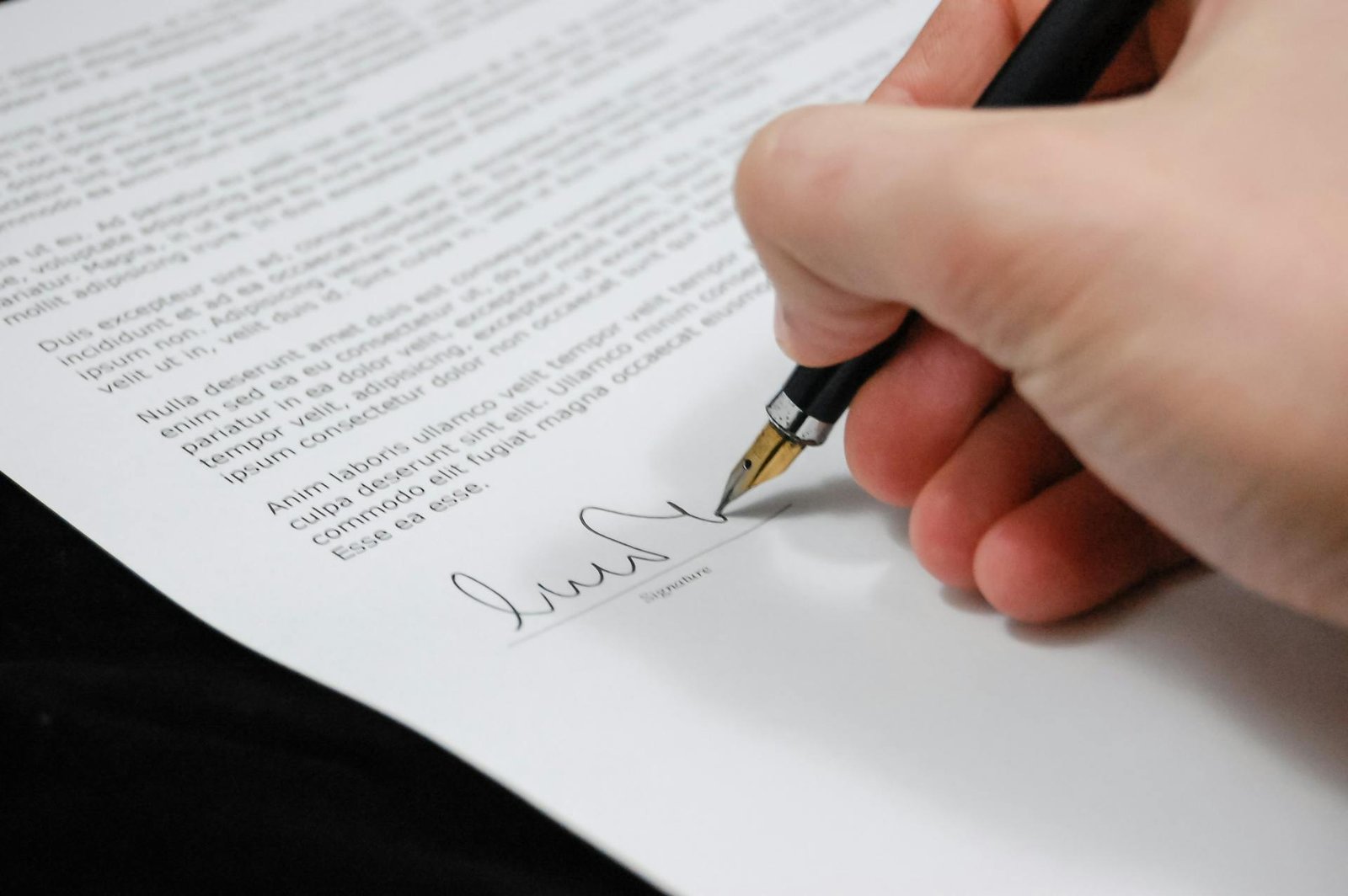What is Amicable Recovery?
Apr 02, 2024

This process often commences with a courteous reminder, followed by mutually beneficial negotiations, in an effort to secure payment. Essentially, the creditor and the debtor engage in constructive dialogue, aimed at resolving the debt-related issues in a way that preserves the business relationship.
Unveiling a More Constructive Approach to Debt Collection
In the world of commercial debt collection, the term "recovery" often brings to mind stringent measures, cold calls, and arduous legal battles. However, there exists an alternative approach that is not only effective but fosters goodwill between the parties involved: amicable recovery. It is this lesser-known facet of debt collection that we shall delve into today, to dissect its mechanics, advantages, and optimal applications.
The focus of amicable recovery is not to punish or to threaten but to understand. Its objective is to dissect the reasons behind the overdue payments, and to work collaboratively to find a solution that is feasible for both parties. In contrast to a confrontational collection approach, amicable recovery leans more towards problem-solving and collaboration.
Why Choose Amicable Recovery?
Choosing amicable recovery offers a plethora of benefits rooted in its commitment to providing compassionate and effective rehabilitation services. It means choosing a path towards healing that prioritises empathy, expertise, and lasting positive change.
- Preserves Business Relationships - In a conventional recovery model, the business debtor might cut off all future dealings with the business creditor, considering the experience unpleasant or adversarial. Amicable recovery minimizes this risk by keeping lines of communication open, and the interaction respectful.
- Cost-Effectiveness - Taking the legal route can often be a long-drawn, expensive affair. Amicable recovery mitigates these costs by bringing about a resolution in a quicker timeframe and without the need for attorney fees or court costs.
- Flexibility - Amicable recovery allows for more creative, tailored solutions that fit both parties' needs, whether it's a payment plan or a mutually agreed-upon reduced settlement.
- Ethical Considerations - In today's socially conscious business environment, an aggressive debt collection strategy might attract bad press or reputational risk. Amicable recovery, by its very nature, is more aligned with ethical business practices.
Book a Meeting With Our Experts for Amicable Recovery
Optimal Applications of Amicable Recovery
Amicable recovery is particularly effective when maintaining long-term relationships is crucial, such as business partnerships, familial disputes, or community conflicts. By promoting understanding and compromise, this approach can lead to more sustainable resolutions and foster a culture of collaboration and goodwill. Its application demands patience, empathy, and a commitment to finding common ground for all parties involved.
- New Debts
Amicable recovery is particularly effective for newer debts where the cause of the overdue payment is often a misunderstanding or a temporary financial hiccup that can be easily rectified.
- Small to Medium Enterprises
In the SME sector, maintaining healthy relationships is critical for sustainable growth. Amicable recovery offers an ideal way to manage small business debt without burning bridges.
- Long-term Contracts
For businesses in long-term contracts with vendors or clients, amicable recovery maintains the integrity of the ongoing relationship, thereby protecting future revenue streams.
When is Amicable Recovery Inappropriate?
Despite its numerous advantages, amicable recovery isn't a universal solution. For example:
- Fraudulent cases: When a debtor is deliberately avoiding payment, a more stringent approach is warranted.
- Substantial Debts: For high-value debts where the creditor's financial stability is at risk, immediate judicial intervention might be more appropriate.
- Repeat Offenders: With clients who habitually default on payments, a more aggressive stance is often necessary.
How to Implement Amicable Recovery?
Implementing amicable recovery involves navigating the delicate process of resolving conflicts or disputes, focusing on fostering goodwill and understanding between parties. This approach prioritises mutual respect and cooperation, aiming to achieve satisfactory resolutions for all involved. Effective communication is key to implementing amicable recovery, where parties actively listen to each other's perspectives and concerns.
- Initial Contact: The first step is usually a polite reminder. This can be a phone call, email, or formal letter.
- Negotiation: If the debtor acknowledges the debt but expresses difficulty in paying, negotiations should begin to explore flexible payment terms.
- Agreement & Documentation: Once both parties reach an agreement, document the terms clearly, specifying deadlines, interest rates if applicable, and other particulars.
- Follow-up: Regularly follow up to ensure adherence to the agreed terms, without being intrusive or aggressive.
- Closure: Once the debt is settled, offer an acknowledgment, thanking the debtor for adhering to the agreement, thereby ending the process on a positive note.
Hire a Professional Global Agency for Legal Collection
OAR’s Case Study of Amicable Recovery
One particularly challenging situation that debt collectors may face involves dealing with debtors who have large egos and aggressive dispositions. The knee-jerk reaction for many would be to combat fire with fire; however, amicable recovery posits a different strategy: ego-pandering.
Here's how it could work:
Upon encountering a debtor who exhibits an aggressive and confrontational attitude, the aim should be to defuse the situation rather than escalate it. You may opt to begin the conversation by acknowledging their success or expertise in their respective field. Essentially, pay them a genuine compliment. This may seem counterintuitive, but a strategic compliment serves two critical functions: it softens the ground for dialogue, and it plays to their ego, thereby lowering their defenses.
Once you've managed to lower their defensive barriers, the next step is to proceed with the actual issue at hand: the debt. By this time, the debtor is generally more receptive to what you have to say. The initial stroking of their ego has made them more open to negotiation and problem-solving, offering a fertile ground for Amicable Recovery to take place.
It's important to tread this ground carefully; the debtor should not feel manipulated but instead should experience the exchange as a form of mutual respect. You’re appealing to their better nature— which they believe is exceptionally good— to come to a favorable resolution.
This strategy can be instrumental in turning a volatile and seemingly unproductive situation into an opportunity for successful debt resolution. It leverages psychological insight into productive negotiation, thereby underlining the versatility and effectiveness of Amicable Recovery as a strategy.
By applying these principles, Amicable Recovery offers a nuanced approach that not only increases the likelihood of debt resolution but also potentially converts a difficult relationship into a more harmonious one.
Conclusion
Amicable Recovery is more than just a "soft approach" to debt collection; it’s a calculated, effective strategy that aligns with the evolving paradigms of business ethics and relational dynamics. In a world where reputation and relationships are more valuable than ever, choosing a path that not only recovers debts but also maintains the integrity of business relations is not just sensible, it’s imperative.
By adopting Amicable Recovery as part of your broader collection strategy, you’re not just opting for a more harmonious interaction; you’re making a strategic decision that could very well set the tone for the future of your business dealings. In the often-tense world of debt collection, this harmonious approach is not just a courtesy—it’s a lifeline for sustaining long-term business relationships.
 Author: Giles Goodman, Founder CEO of Payfor Limited
Author: Giles Goodman, Founder CEO of Payfor Limited
Giles Goodman, drawing from his diverse background in music, property, and tech startups,
offers invaluable expertise in navigating intricate financial landscapes. Through his writing,
Giles shares insights tailored to business owners, leveraging his wealth of experience to provide practical
guidance and support.
Disclaimer:
This blog post is intended for informational purposes only and should not be construed as legal advice. The information provided in this post is based on general principles and may not apply to specific legal situations. Laws and regulations vary by jurisdiction and can change over time. Readers are advised to seek professional legal counsel before making any decisions based on the information provided in this blog post. Payfor Ltd is not a law firm and does not provide legal services. The company disclaims any liability for actions taken based on the contents of this blog post.
More Blogs & Insights

How Payfor Helped a Hollywood Studio Recover $612,000 in Sponsorship Fees

How Payfor Helped Resolve a $750,000 Box Office Revenue Sharing Dispute in Hollywood

How Payfor Helped Resolve a High-Value Hollywood IP Infringement Case

How Payfor Resolved a $620,000 Dispute on a Hollywood Distribution Agreement

How Payfor Recovered a $750,000 Talent Payment for a Hollywood Actor

Can You Recover Debt from a Defunct Company? What to Know About Insolvency and Liquidation

What Happens After a Court Judgment? Debt Enforcement Stages Explained

Resolving a $190,000 Licensing Dispute Between Two Record Labels

How Payfor Helped A Record Label Recover Six-Figure Copyright Infringement Damages

How Payfor Helped Recover Over $400,000 in Unpaid Royalties for a New York Record Label

How Payfor Supports Energy Sector Clients in Recovering High-Value Debts

Additional Actions Payfor Pursues Without Further Notice

What Payfor Does If a Debtor Doesn’t Pay Within 5 Days

Legal Recovery for Ad Agencies Left Hanging After Production

Why Delaying Legal Action Can Weaken Your Case

The Dangers of Legal Action for Debtors

Introducing Our Enhanced 30-Day Chase Campaign

How Payfor Recovered $500,000 from an Elusive Debtor in UAE

The $1 Million Debt That Payfor Recovered When Everyone Else Had Given Up

The Three Essential Stages of Effective Debt Collection

Why Debtors Respond to Us When They Ignore Everyone Else

Why Debt Recovery in the Construction Industry Is So Complex—And How to Overcome It

Is Debt Recovery Always Aggressive? Debunking the Myth

£100,000 Recovered from a French Startup by UK-Based Technology Company

The True Cost of Unpaid Invoices for UK Businesses

$120,000 Recovered from a California-Based Tech Giant for an Israeli Software Firm

When Is a Debt Truly Unrecoverable? Knowing When to Write It Off

Top 5 Debtor Excuses We Hear All the Time—And How We Handle Them Professionally

When to Escalate: Signs It’s Time to Hire a Debt Collection Agency

The Psychology of a Debtor: Why They Delay—and How to Get Paid Faster

How Debt Collection Agencies Are Evolving in a Tech-Driven World

Why Businesses Worldwide Trust PayFor with Their Debt Recovery

What Businesses Are the Most Vulnerable to Debt?

7 Skills Every Successful Debt Collector Must Have

How Debt Recovery Agencies Work Within Regulatory Frameworks

What to Expect When Hiring a Debt Collection Agency

A Costly Lesson in Market Vulnerability

How We Recovered a SaaS Subscription Debt Without Litigation

How Persistence Secured a $36K Software Debt Recovery

When a Strong Contract Isn’t Enough: Navigating a Disputed £35K Recruitment Debt

Helping a Global IT Company Recover £37K from a Venture-Backed Biotech Firm

Turning a 600-Day Debt Stalemate into a Strategic Settlement

Leveraging Legal Pressure in a Recruitment Fee Dispute Against a New Jersey Real Estate Development Company

Cloud Infrastructure Billing Dispute between a Global Server Platform and a Ukrainian IT Company

Strategic Recovery in a Cross-Border Financial Dispute between a Ukranian App Developers and a Dublin-based Piracy Protection Platform

Something Big is Coming - Introducing Vendsafe

Effective Debt Recovery for a London-Based IT Firm

Successful Debt Recovery for a Silicon Valley Software Company

How to Effectively Manage Overdue Payments with Debt Collection Agency

How No Win No Fee Arrangement Works in Debt Collection

Balancing Recovery and Customer Retention in Business Debt Collection

The Evolution of Commercial Debt Collection Practices

Legal Considerations in Commercial Debt Collection Cases

Cereal Entrepreneurs: Mastering the B2B Debt Collection Game

4 Successful B2B Debt Collection Cases

How Commercial Debt Collection Services Help Large Corporations

Top 5 Challenges in B2B Debt Collection and How to Overcome Them

How to Collect Debt From a Business That Repeatedly Refuses to Pay What They Owe?
Coping with a business that repeatedly refuses to pay its debts can significantly impact your cash flow and hinder your company's growth.

Out-of-Court Settlements for Ukrainian Businesses Commercial Debt Collection
As enterprises strive to maintain cash flow and financial stability, resolving commercial debt disputes efficiently becomes crucial for Ukrainian businesses.
How to Track Down a Debtor That’s Gone Missing?
Tracking down a missing debtor can be challenging, but several effective methods can increase your chances of success.

How the Letter Before Action Works in Commercial Debt Collection
One of the most effective tools at a creditor's disposal is the letter before action (LBA). This formal notice is a precursor to legal proceedings and offers a final opportunity for debtors to settle their obligations without court intervention.

Steps to Take Before Engaging a Debt Collection Agency
Hiring a commercial debt collection agency can be immensely helpful for businesses facing challenges in recovering outstanding debts. Professional agencies possess the expertise and resources necessary to efficiently manage business debt recovery.

How to Deal With Reactions to Your Commercial Debt Demand Letter?
Learn how to effectively manage and respond to a range of reactions received following the issuance of your commercial debt demand letter.
Business Debt Collection Best Practices for Israeli Tech Businesses
As the Israeli tech industry thrives on continuous development and investment, managing outstanding debts efficiently becomes crucial to ensure that financial stability is not compromised. Implementing best practices for debt collection tailored to each firm's unique needs can significantly mitigate these risks.

What is Commercial Litigation?
Defined as the legal process of resolving business-related conflicts through the court system, commercial litigation covers many issues - breach of contract, business torts, shareholder disputes, and intellectual property disagreements.

Commercial Debt Collection for Small and Medium Enterprises (SMEs) in Ukraine
Small and medium enterprises (SMEs) play a crucial role in Ukraine’s economic growth and job creation. However, many SMEs grapple with cash flow challenges due to market fluctuations.

The Role of Professional Debt Collection Agencies for Ukrainian Businesses
In Ukraine's dynamic business scene, managing outstanding business debts is challenging and can strain resources.

Best Strategies for Commercial Debt Management: Advice From an Expert
In today's competitive landscape, businesses must navigate complex financial relationships while balancing cash flow and creditor obligations.

How to Recognise Early Warning Signs of Business Debtors?
Recognising the early signs of a potential debtor is crucial for maintaining a business's financial health. Many companies encounter clients who, despite initial promises, fail to uphold their payment obligations, which can significantly impact cash flow and operational stability.

How Can You Recover a Debt in the US When You Are in Portugal?
Distance, legal disparities, and practical hurdles create complexities for Portuguese businesses seeking to recover commercial debts from businesses in the United States.

Commercial Debt Collection Laws for Ukrainian Businesses
Ukrainian businesses frequently grapple with managing financial obligations and recovering debts. The legal framework for commercial debt collection is vital for maintaining economic stability and fair market practices.

What to Do When a Client Cancels a Business Agreement?
When a client cancels a deal, it can significantly disrupt your business operations, impacting both your financial stability and strategic planning.

International Commercial Debt Collection Laws Explained
International debt collection involves pursuing debts from debtors in different countries - a challenge heightened by diverse legal systems, cultures, and language barriers.

What Happens If You Lose a Commercial Debt Collection Lawsuit?
Unpaid debts can pose significant challenges to business financial stability. When traditional methods fail to resolve these outstanding dues, companies may take legal action, such as a commercial debt collection lawsuit.

When to Use a Commercial Debt Collector?
Businesses often face challenges in recovering payments from clients or customers when managing outstanding debts.

How Long Can You Legally Be Chased for a Commercial Debt in the UK?
In the UK, the statute of limitations for pursuing a commercial debt is typically six years, starting from the last acknowledgment or payment date.

What is Commercial Debt Factoring in Business?
Companies often seek innovative solutions for cash flow management and financial challenges, such as commercial debt factoring, where accounts receivable are sold to a third-party factor at a discount.

How to Recover a Commercial Debt in the US When You Are in Israel?
If you are an Israeli business seeking to recover a commercial debt owed to you in the United States, it's essential to understand the intricacies and procedures involved in such a pursuit.

Legal Procedure for Commercial Debt Recovery
Commercial debt recovery can be a complex and challenging process for businesses. From unpaid invoices to overdue payments, encountering debtors unwilling to settle outstanding dues is a common predicament.

How Do Businesses Benefit From Offshore Jurisdictions?
Offshore jurisdictions like Switzerland and the Cayman Islands are a prevalent strategy for companies engaged in commercial debt collection or aiming to enhance their financial and tax planning initiatives.

How Do You Write a Demand Letter for Commercial Debt?
Unpaid business debts can be challenging for commerce businesses. When traditional debt collection methods fail, turning to legal recourse becomes necessary.

How to Avoid Late Payments in B2B Transactions?
Late payments pose a significant challenge for businesses, impacting cash flow, profitability, and overall financial stability.

Commercial Debt Statistics: Facts and Numbers
Commercial debt plays a vital role in business finances, acting as both a driver for growth and a potential indicator of a company's financial stability.

Why Payfor Is Different From Other B2B Collection Agencies?
Unlike other agencies, Payfor prides itself on its unique approach to commercial debt recovery, blending industry expertise with a commitment to client satisfaction.

How to Calculate Business Debt: A Comprehensive Guide
Understanding and accurately calculating business debt is essential for maintaining financial stability and making informed decisions.

How to Recover a Debt in the US When You Are in Egypt?
Given the geographical and legal barriers, recovering a debt in the United States while residing in Egypt can present a formidable challenge.

What are Commercial Debt Collection Challenges for Startups?
Startups often encounter unique hurdles when it comes to recovering owed funds. From establishing effective credit policies to navigating legal complexities, startups must navigate myriad obstacles to ensure timely payments and maintain financial stability.

Negotiation Tactics in Debt Recovery: The Psychology of Persuasion.
Commercial debt recovery is an essential, yet intricate, facet of business operations that requires an amalgamation of skills—from legal understanding to business acumen.

How to Recover Debt in the US When You're in Ukraine?
Navigating the complexities of debt recovery across international borders presents unique challenges for businesses, particularly when seeking to recover debts owed in the United States while operating from Ukraine.

Is Legal Recovery the Answer When Your Business is Owed Money Across Borders?
When your business faces the challenge of recovering owed money from companies operating across international borders, legal recovery emerges as a strategic imperative.

How Do Commercial Debt Collection Recovery Campaigns Work?
Commercial debt collection recovery campaigns are intricate processes designed to retrieve outstanding debts owed by businesses to creditors.

Why Jurisdiction Is the Most Critical Factor in Commercial Debt Collection?
When it comes to commercial debt collection, one question often trumps all others: "What is the key most important factor when chasing a debt?"

What is the Difference Between Arbitration and Issuing Legal Proceedings/Litigation?
The choice between arbitration and litigation is a pivotal decision that can shape the course of dispute resolution.

What is Amicable Recovery?
Amicable Recovery is a consensual and cooperative debt collection method that aims to settle outstanding payments without resorting to judicial measures. This process often commences with a courteous reminder, followed by mutually beneficial negotiations, in an effort to secure payment.

What is Jurisdiction in Global B2B Debt Collection?
Jurisdiction determines the legal authority and framework within which commercial debt collection efforts can be pursued across international borders.

How to Determine if a Debtor is Solvent Enough to Repay Debt: An Expert Guide
In the intricate world of commercial debt collection, one of the most challenging yet imperative tasks is assessing the solvency of a debtor.

Small Business Debt Collection: A 7 Point Guide
This guide covers seven key points, ranging from understanding legal frameworks to negotiating payment plans. It equips small business owners with the knowledge and tools necessary to successfully pursue outstanding debts.

What is Commercial Debt Collection?
Commercial debt collection is when a third-party agency recovers unpaid debts owed by one company to another. The recovery agency contacts the company owing the debt requiring it to pay the debt.

What Are Commercial Debt Collection Challenges for US Companies?
Commercial debt collection presents myriad challenges for US businesses, including complex jurisdictions and contractual elements.

How Much Debt Should a Business Have?
Striking the right balance between business debt and equity is paramount for maintaining financial health and sustaining growth.

Commercial Debt Collection Challenges and Solutions for Ukrainian Businesses
In today's economic climate, Ukrainian companies encounter many obstacles when recovering commercial debts.

How is Bad Debt Defined in Business: A Short Explanation
The term "bad debt" holds significant importance for businesses and can often signal trouble for enterprises of varying sizes.

What is a Creditor in Business?
A creditor is a party that has provided goods, services, or monetary resources to a business on credit, expecting repayment within an agreed timeframe.

What is a Commercial Debt for Business?
Commercial debt is the amount of money one business entity owes to another for goods or services provided on credit terms.

What Should Businesses Expect From a Modern-Day Debt Recovery Agency?
Modern debt recovery firms are redefining industry standards by offering strategic financial solutions alongside traditional collection efforts.

How to Safeguard Your Business: Expert Tips for Choosing Reliable B2B Partners and Clients
In today's rapidly evolving business landscape, establishing robust B2B partnerships and securing dependable clients are pivotal to achieving growth.

What Are Commercial Debt Collection Challenges and Solutions for UK Companies?
Navigating the complexities of commercial debt recovery in the UK presents many challenges that demand a strategic understanding and adept handling.

A Comprehensive Guide to Commercial Debt Collection for AI Companies
As AI businesses often market their technology globally, cross-border trade is a notable challenge they face.

How Does Commercial Debt Collection Work for Recruitment Companies?
As recruitment agencies strive to connect employers with suitable candidates, the issue of outstanding payments can become a common challenge for them.

What are Debt Collection Agencies: Their Role in Financial Recovery
The debt collector is mainly an agency creditors hire to recover money owed by businesses that have failed to make timely payments on their debts.

Commercial Debt Collection Issues for IT and Software Development Companies
The billing models, project timelines, and evolving client requirements create an environment where debt recovery becomes a complex and nuanced process for IT and Software development companies.

Business Debt Collection Etiquette: How to Preserve B2B Relationships
In the ever-evolving landscape of business, maintaining positive relationships with other companies is crucial for long-term success. However, as businesses engage in commercial transactions, they may encounter instances where debtors are not forthcoming, acting in bad faith, or having a hidden agenda.

What is a Debtor in Business: Essential Guide
Commercial debtors, in essence, refer to entities that owe money to a business for goods or services provided. This financial relationship forms a critical component of the broader commercial ecosystem, shaping a business's cash flow dynamics and overall financial health.

What is Global Debt Collection?
Global debt collection is when a collection agency or company actively tries to collect debts from debtors across international borders.

What to Do if a Company Owes You Money: Resolving Unsettled Debts
In a business relationship, there might be situations where a company owes you money, and the path to resolution may not always be clear. When faced with this challenge, it's crucial to approach the situation with a level head and a strategic plan.

10 Global Debt Collection Challenges: How to Overcome Them
Identify the key challenges of global debt collection, from legal jurisdictions to assessing debtor's liquidity, and effective strategies for successful debt recovery.

Commercial Debt Collection Laws in the UK: A Comprehensive Guide
Understanding the legal framework governing commercial debt collection is paramount for both creditors seeking restitution and debtors aiming to protect their rights.

What is Corporate Recovery?
A Comprehensive Guide to Collecting £100k-£250k Unpaid Invoices from International Businesses

How a Ukrainian company achieved a satisfying settlement
The Ukrainian company had done everything they needed...

How a Portuguese company got 80% of the outstanding debt collected
A recruitment company based in Portugal was owed money from clients in the UK, Portugal and Germany.

Indian software developer got that Payfor feeling
Payfor was able to collect the outstanding debt by negotiating a resolution between the two companies.

How we overcome frustrating debt collections
A Welsh SaaS business was owed money by a London financial services company.






